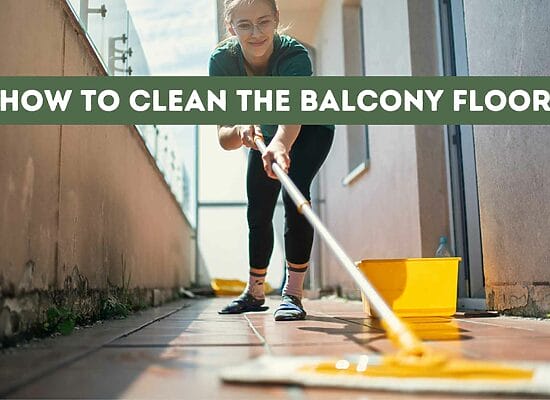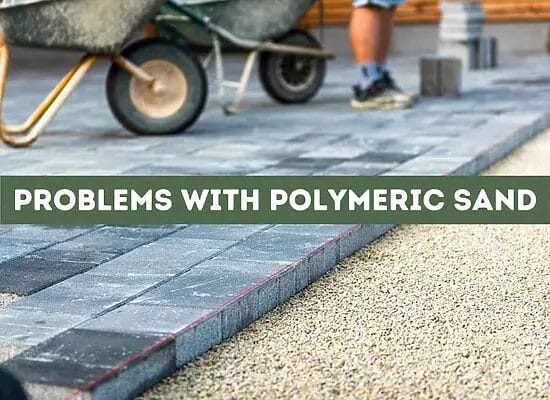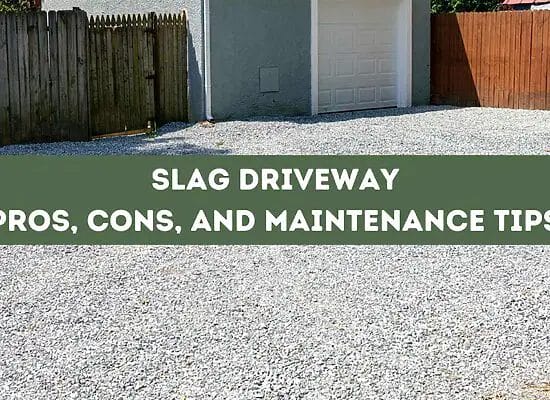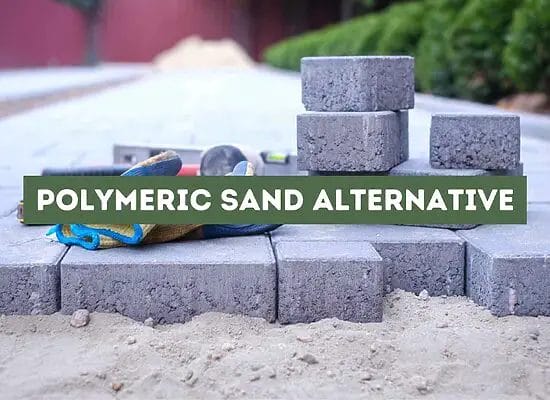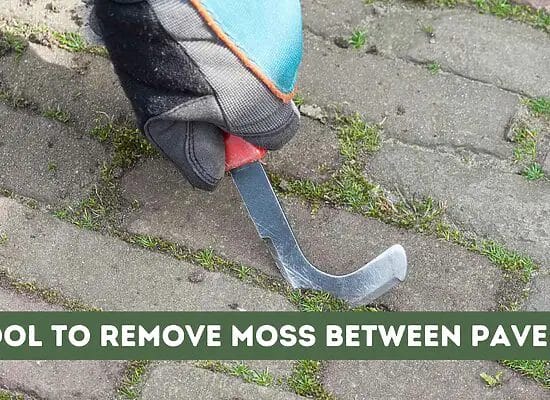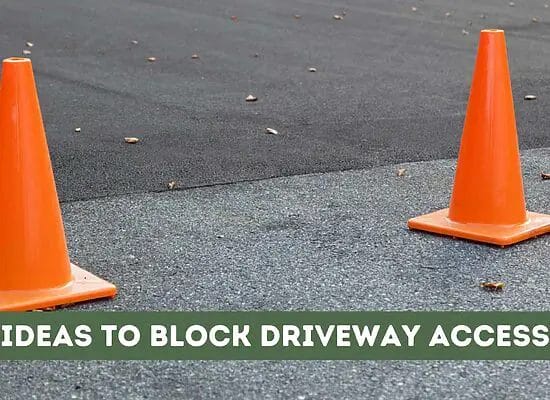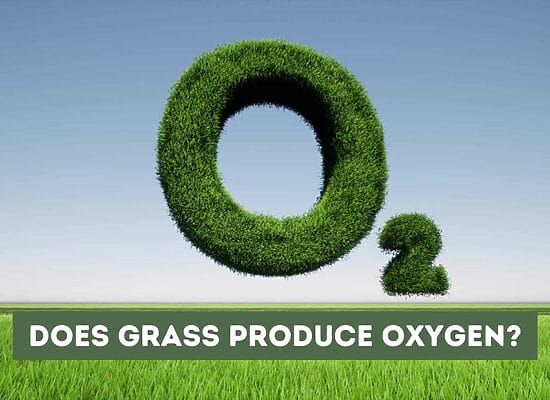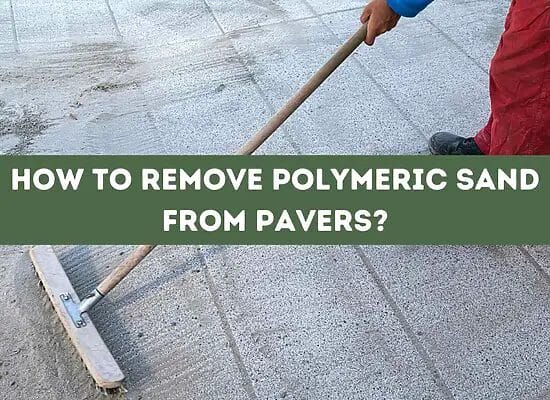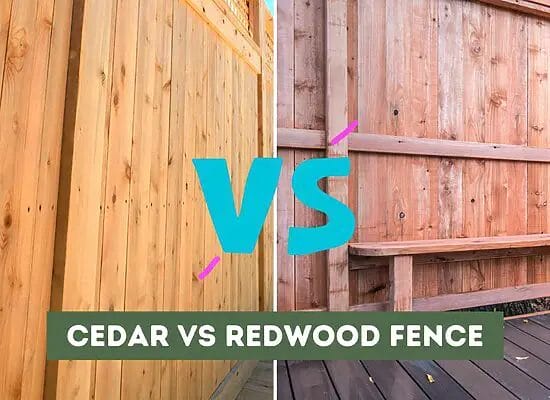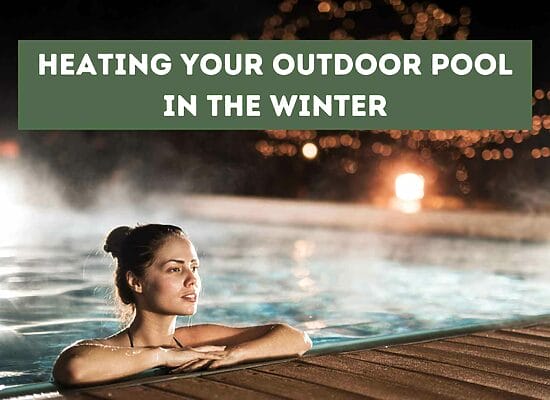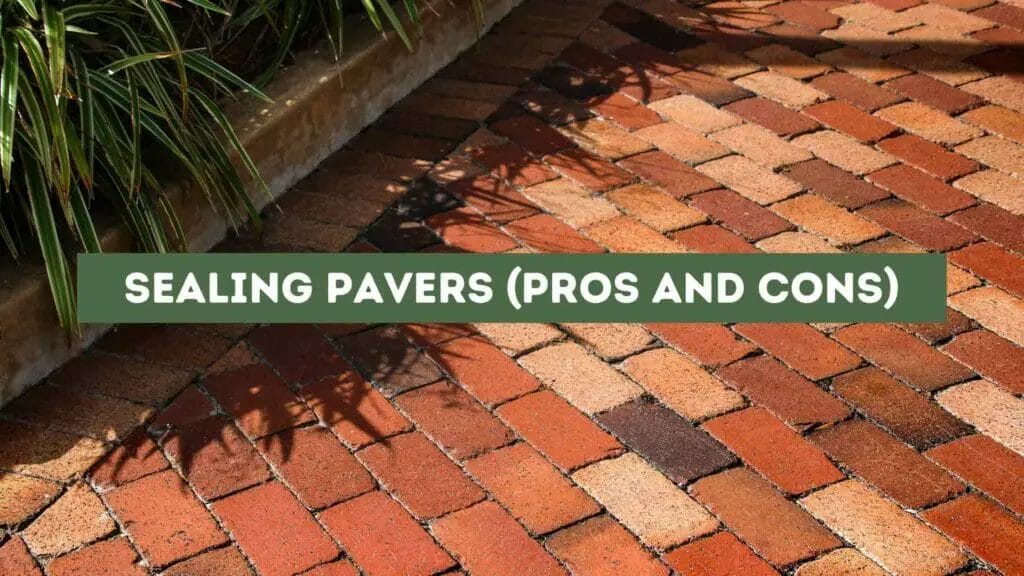
If you have a patio, walkway, driveway, or pool deck made of pavers, you may be wondering whether or not to seal them. Sealing pavers can have many benefits, but there are also some potential drawbacks to consider. Below we’ll explore the pros and cons of sealing pavers, so you can make an informed decision about whether or not to seal your pavers.
One of the main benefits of sealing pavers is that it can enhance their colors and beauty, making them easier to clean and maintain. Sealing can also prevent stains from absorbing into the pavers and make it harder for mold and mildew to build up.
Additionally, sealing can help prevent substances such as oil or tree sap from penetrating the pavers, preventing fading and protecting from erosion, which will, in turn, prevent loose pavers.
However, there are also some downsides to consider, such as the need for regular maintenance and the possibility of over-applying sealant, which can create a haze.
Key takeaways:
- Sealing pavers can enhance their colors and beauty, making them easier to clean and maintain.
- Sealing can prevent stains from absorbing into the pavers and make it harder for mold and mildew to build up.
- Sealing can help prevent substances such as oil or tree sap from penetrating the pavers, preventing fading and protecting from erosion.
- There are two main types of sealants for pavers: penetrating sealers and surface sealers.
- Urethane sealers are more durable and long-lasting than acrylic sealers, but they can be more difficult to apply.
- Sealing pavers requires regular maintenance and over-applying sealant can create a haze.
- Sealing pavers can be costly, and not all pavers need to be sealed.
Sealing Pavers: An Overview
Sealing your pavers is an important step in maintaining their beauty and durability. By applying a sealant, you can protect your pavers from damage caused by water, stains, and fading, as well as seasonal damage from ice and snow. In this section, we will provide you with an overview of sealing pavers, including the pros and cons of different types of sealants.
When it comes to sealing pavers, there are two main types of sealants: penetrating sealers and surface sealers. Penetrating sealers soak into the pavers and provide protection from within, while surface sealers form a protective layer on top of the pavers. Penetrating sealers are generally more effective at preventing stains and damage, but they don’t enhance the color or shine of the pavers like surface sealers do.
Urethane and acrylic are two common types of surface sealers. Urethane sealers are more durable and long-lasting than acrylic sealers, but they can be more difficult to apply. Acrylic sealers are easier to apply and provide a glossy finish, but they are not as durable as urethane sealers.
It’s important to note that sealing your pavers too often can actually do more harm than good. Over-applying sealant can create a haze or discoloration on the pavers, so it’s best to follow the manufacturer’s recommended application guidelines. Additionally, it’s important to clean your pavers thoroughly before applying any sealant to ensure that the sealant adheres properly.
Pros of Sealing Pavers
Sealing your pavers comes with many benefits that make it a worthwhile investment. Here are some of the pros of sealing pavers:
Protection
Sealing your pavers offers protection against various elements. Stone pavers are susceptible to stains, mildew, fading, and unwanted vegetation. By sealing your pavers, you’re ensuring that they are protected from these elements. Additionally, sealing your pavers provides added protection against UV rays, which can cause your pavers to fade over time.
Appearance
Sealing your pavers enhances their appearance by adding a glossy or matte finish to them. This finish gives your pavers a polished look that makes them stand out. Additionally, sealing your pavers makes them easier to clean and maintain, which helps to keep them looking good for longer.
Durability
Sealing your pavers increases their durability by preventing erosion, which in turn prevents loose pavers. This means that your pavers will last longer, and you won’t have to worry about replacing them anytime soon. Additionally, sealing your pavers makes them more resistant to substances such as oil or tree sap from penetrating the pavers.
Prevent Weeds
Sealing your pavers helps to prevent the growth of weeds between them. This is because the sealant blocks the sun and moisture that weeds need to grow. By preventing weeds from growing, you’re ensuring that your pavers remain in good condition for longer.
Quality Sealant
Using a quality sealant is key to enjoying the benefits of sealing your pavers. A quality sealant will provide long-lasting protection and enhance the appearance of your pavers. When choosing a sealant, look for one that is water-resistant, UV-resistant, and provides a durable finish.
Cons of Sealing Pavers
When it comes to sealing pavers, there are a few cons that you should consider before making your decision. Here are some of the potential downsides:
Regular Maintenance
One of the biggest cons of sealing pavers is that it requires regular maintenance. Once sealed, you will have to regularly reseal your pavers, particularly if you use a thinner sealant that starts to break down and develop a film over time. The frequency at which you will have to reseal depends on the material of the paver and the brand of the sealer.
Slippery Surface
Another potential downside of sealing pavers is that it can make the surface slippery, particularly when wet. This can be a safety hazard, especially for children and the elderly. If you are concerned about slipperiness, you may want to consider using a non-slip sealant or skipping the sealing process altogether.
Cost
Sealing pavers can be costly, both in terms of the cost of the sealant itself and the cost of hiring a professional to do the job. If you are on a tight budget, sealing your pavers may not be a feasible option.
Pavers Need Sealing
Finally, it’s worth noting that not all pavers need to be sealed. Some materials, like concrete, are naturally resistant to stains and fading and may not require sealing at all. Before deciding to seal your pavers, it’s important to determine whether or not it’s actually necessary.
The Impact of Sealing on Pavers Appearance
Sealing your pavers can truly transform their overall appearance. Once a sealant is applied to these surfaces, you’ll notice a remarkable difference in their visual appeal. The pavers take on a fresh, glistening appearance with a sleek, glossy finish that varies based on the specific sealant you choose to utilize. The application of the sealant will not modify the inherent coloration of the paver but rather accentuate the distinctive shade of the material and elevate the vibrancy of the pavers.
A glossy finish can make your pavers look shiny and new, giving them a clean and polished look. This can be especially beneficial if you have natural stone pavers, which can have a more rustic appearance. Sealing can give them a more refined look without sacrificing their natural beauty.
If you prefer a more natural look, you can opt for a matte finish sealant. This will protect your pavers without adding any additional shine or gloss. A matte finish can be a good option if you want to maintain the natural look of your pavers while still protecting them from damage.
It’s important to note that the type of sealant you choose can have a big impact on the appearance of your pavers. Some sealants can darken the color of your pavers, while others can enhance the color. Be sure to choose a sealant that complements the color and style of your pavers.
In addition to enhancing the appearance of your pavers, sealing can also protect them from fading and staining. This can help your pavers maintain their appearance for longer, saving you time and money on maintenance in the long run.
Sealing Pavers and Maintenance
After investing time and money into creating the perfect paver patio or walkway, it is important to ensure that it stays looking great for years to come. Sealing your pavers can help protect them from stains, fading, and other types of damage, but proper maintenance is also crucial to keep them in top condition.
Regular cleaning is the first step in paver maintenance. Sweep away dirt, leaves, and other debris regularly to prevent buildup that can be difficult to remove later. For tougher stains, such as grease or grime, use a pressure washer or a specialized paver cleaner according to the manufacturer’s instructions.
Preventing weeds and mildew growth is another important aspect of paver maintenance. Sealing your pavers can help prevent these issues, but it is also important to keep the area around your pavers free of plant growth and moisture. Trim back any nearby vegetation and ensure proper drainage to prevent standing water.
In addition to regular cleaning and weed prevention, it is important to address any damage or wear as soon as possible. Replace any loose or damaged pavers promptly to prevent further damage and ensure that your patio or walkway stays safe and attractive.
Pro Tip: To keep your pavers looking their best, consider sealing them every two to three years. This can help protect them from stains, fading, and other types of damage and make cleaning and maintenance easier in the long run.
Sealing Pavers and Durability
When it comes to sealing pavers, one of the most significant benefits is the increased durability it provides. By protecting your pavers from the elements, you can extend their lifespan and prevent costly repairs down the line.
Durability is especially important if you live in an area with extreme weather conditions. Freeze-thaw cycles, for example, can cause cracks and damage to your pavers over time. By sealing them, you can help prevent this type of damage and ensure that your pavers last longer.
Environmental factors can also play a role in the durability of your pavers. Exposure to sunlight, rain, and wind can all cause wear and tear over time. Sealing your pavers can help protect them from these elements and keep them looking their best for years to come.
It’s worth noting that not all sealers are created equal. Some types of sealers are better suited for certain types of pavers or environments. For example, if you have natural stone pavers, you may want to use a sealer that is specifically designed for that type of material.
In addition to choosing the right sealer, there are other steps you can take to ensure the durability of your pavers. For example, you should avoid using harsh chemicals or pressure washers to clean your pavers, as these can damage the sealer and the pavers themselves.
Sealing Pavers and Protection
When it comes to protecting your pavers, sealing them is a popular option. Sealing pavers can provide added protection against UV rays, staining and prevent weeds from growing in between the pavers.
UV rays can cause pavers to fade and lose their color over time. Sealing your pavers can help protect them from the sun’s harmful rays, keeping them looking vibrant and new for longer.
Staining can also be a concern when it comes to pavers. Sealing your pavers can make them more resistant to stains from substances such as oil or tree sap. This can make it easier to clean and maintain your outdoor space and prevent unsightly stains from ruining your paver’s appearance.
Weeds growing in between pavers can be a nuisance to deal with. Sealing your pavers can help prevent weeds from taking root and growing in between the pavers. This can help keep your outdoor space looking neat and tidy and save you time and effort in the long run.
When it comes to applying a sealer to your pavers, it’s important to follow the manufacturer’s instructions carefully. Applying too much sealer can create a haze on the surface of the pavers, which can be difficult to remove.
Here are some tips to keep in mind when sealing your pavers:
- Clean the pavers thoroughly before applying the sealer
- Apply the sealer evenly and follow the manufacturer’s instructions carefully
- Avoid applying too much sealer, as this can create a haze on the surface of the pavers
- Consider using a sealer with a matte finish if you prefer a more natural look
- Reapply the sealer as needed to maintain the pavers’ protection and appearance.
By taking these steps, you can help protect your pavers and keep your outdoor space looking beautiful for years to come.
Professional Sealing vs. DIY
When it comes to sealing your pavers, you have two options: hiring a professional or doing it yourself (DIY). Both have their pros and cons, so it’s important to consider which option is best for you.
Professional Sealing
Hiring a professional to seal your pavers can be a great option if you don’t have the time or expertise to do it yourself. Professionals have the necessary equipment and protective gear to ensure the job is done safely and effectively. They also have experience working with different types of pavers and sealants, so they can provide advice on which products will work best for your specific needs.
However, hiring a professional can be expensive. The cost of labor can add up quickly, especially if you have a large area to seal. You’ll also need to schedule an appointment and work around their availability.
DIY Sealing
If you’re looking to save money, doing the job yourself can be a cost-effective option. With the right tools and materials, DIY paver sealing can be done at a fraction of the cost of hiring a professional. Plus, you’ll have the satisfaction of knowing you did it yourself.
However, DIY sealing can be time-consuming and requires some expertise. You’ll need to purchase or rent the necessary equipment and protective gear, and you may need to do some research to find the right products for your pavers. Additionally, if you don’t have experience working with sealants, you may make mistakes that could damage your pavers.
Environmental Considerations in Sealing Pavers
When it comes to sealing your pavers, there are a few environmental considerations you should keep in mind. While sealing can provide many benefits, it’s important to make sure that you’re not causing any harm to the surrounding environment.
One of the main environmental factors to consider when sealing your pavers is nearby plants. Sealer can be harmful to plants, especially if it’s not applied correctly. Be sure to cover any nearby plants or shrubs with plastic sheeting before applying the sealer. This will help protect them from any overspray or drips.
Another important consideration is drainage. Sealed pavers can prevent water from penetrating the surface, which can lead to drainage issues. If your pavers are located in an area with poor drainage, it’s important to make sure that you’re not sealing them too tightly. This can cause water to pool on the surface, which can lead to damage over time.
When it comes to measuring the amount of sealer you need, it’s important to be precise. Too much sealer can create a haze on the surface of your pavers, while too little can leave them vulnerable to damage. As a general rule, you should apply one gallon of sealer for every 100 square feet of pavers.
Sealing Pavers in Different Locations
When it comes to sealing pavers, different locations require different considerations. Here are some tips to keep in mind when sealing pavers in different outdoor spaces.
Patio
Sealing your patio pavers can help protect them from stains, fading, and weather damage. It can also add a sheen that enhances the appearance of your outdoor space. To ensure that your patio pavers are properly sealed, follow these steps:
- Clean the surface thoroughly before sealing.
- Apply the sealer evenly using a roller or sprayer.
- Allow the sealer to dry completely before using the patio.
Driveway
Sealing your driveway pavers can help prevent erosion and keep them looking new for longer. It can also make them easier to clean and maintain. Here are some tips for sealing your driveway pavers:
- Choose a sealer that is specifically designed for driveways.
- Apply the sealer in thin, even coats using a sprayer or roller.
- Allow the sealer to dry completely before using the driveway.
Walkway
Sealing your walkway pavers can help prevent them from becoming slippery and dangerous when wet. It can also protect them from stains and weather damage. Here are some tips for sealing your walkway pavers:
- Choose a sealer that is specifically designed for walkways.
- Apply the sealer in thin, even coats using a sprayer or roller.
- Allow the sealer to dry completely before using the walkway.
Pool Decks
Sealing your pool deck pavers can help prevent them from becoming slippery and dangerous when wet. It can also protect them from stains, fading, and weather damage. Here are some tips for sealing your pool deck pavers:
- Choose a sealer that is specifically designed for pool decks.
- Apply the sealer in thin, even coats using a sprayer or roller.
- Allow the sealer to dry completely before using the pool.
Outdoor Hardscaping
Sealing your outdoor hardscaping pavers can help protect them from stains, fading, and weather damage. It can also add a sheen that enhances the appearance of your outdoor space. Here are some tips for sealing your outdoor hardscaping pavers:
- Choose a sealer that is specifically designed for outdoor hardscaping.
- Apply the sealer in thin, even coats using a sprayer or roller.
- Allow the sealer to dry completely before using the outdoor space.
Sealing Pavers with Different Materials
When it comes to sealing pavers, the material of your pavers plays a significant role in determining the type of sealer you should use. Here are some tips for sealing pavers with different materials:
Concrete Pavers
Concrete pavers are a popular choice for outdoor patios and walkways. They are durable, low-maintenance, and come in a variety of colors and styles. When sealing concrete pavers, you should use a sealer that is specifically designed for concrete. A solvent-based acrylic sealer is a good choice for concrete pavers because it will enhance the color and protect the surface from stains and fading.
Brick Pavers
Brick pavers are a classic choice for outdoor surfaces. They are durable, slip-resistant, and have a timeless look. When sealing brick pavers, you should use a sealer that is breathable and allows moisture to escape. A water-based sealer is a good choice for brick pavers because it will not trap moisture and cause efflorescence.
Natural Stone Pavers
Natural stone pavers are a beautiful and unique choice for outdoor surfaces. They come in a variety of colors and textures and can add a natural and rustic feel to your outdoor space. When sealing natural stone pavers, you should use a sealer that is specifically designed for natural stone. A penetrating sealer is a good choice for natural stone pavers because it will protect the surface without altering the appearance.
Porous Pavers
Porous pavers are designed to allow water to penetrate through the surface and into the ground below. They are a great choice for areas that require drainage, such as driveways and parking lots. When sealing porous pavers, you should use a sealer that is breathable and allows water to pass through. A water-based sealer is a good choice for porous pavers because it will not clog the pores and inhibit drainage.
Sand-Filled Pavers
Sand-filled pavers are designed to be filled with sand to create a stable and level surface. They are a great choice for areas that require a level surface, such as pool decks and patios. When sealing sand-filled pavers, you should use a sealer that is specifically designed for sand-filled pavers. A solvent-based acrylic sealer is a good choice for sand-filled pavers because it will enhance the color and protect the surface from stains and fading.
In conclusion, sealing pavers is an important step in maintaining the beauty and longevity of your outdoor surfaces. By choosing the right sealer for your specific paver material, you can enhance the color, protect the surface from stains and fading, and ensure that your outdoor space looks great for years to come.
Sealing Pavers in Different Weather Conditions
When it comes to sealing pavers, weather conditions play a significant role in determining the success of the process. Sealing your pavers during ideal weather conditions can ensure that they remain protected and looking great for years to come. In this section, we will explore how different weather conditions can affect the sealing process and provide tips to help you seal your pavers effectively.
Ideal Weather Conditions
The ideal weather conditions for sealing pavers are dry and sunny. This means that the temperature should be between 50 and 80 degrees Fahrenheit (10 to 26 degrees Celsius), and there should be no rain in the forecast for at least 24 hours. Sealing your pavers during these conditions will ensure that the sealant can dry and cure properly, resulting in a long-lasting finish.
Sealing Pavers in Cold Weather
Sealing pavers in cold weather can be challenging, especially if the temperature drops below freezing. If you live in an area with cold winters, it’s best to seal your pavers in the fall before the temperature drops too low. You should also avoid sealing your pavers if there is any ice or snow on the ground, as this can prevent the sealant from adhering properly.
Sealing Pavers in Hot Weather
Sealing pavers in hot weather can also be challenging, as the heat can cause the sealant to dry too quickly. If you live in an area with hot summers, it’s best to seal your pavers in the early morning or late afternoon when the temperature is cooler. You should also avoid sealing your pavers if the temperature is above 80 degrees Fahrenheit (26 degrees Celsius), as this can cause the sealant to bubble and peel.
Sealing Pavers in Wet Weather
Sealing pavers in wet weather is not recommended, as the moisture can prevent the sealant from drying and curing properly. If it starts to rain while you are sealing your pavers, you should stop immediately and wait for the weather to clear up before continuing. You should also avoid sealing your pavers if there is any standing water on the surface, as this can prevent the sealant from adhering properly.
Sealing Pavers in Salted Areas
If you live in an area where salt is used to melt ice and snow, it’s important to seal your pavers to protect them from salt damage. However, you should wait until the salt has been washed away before sealing your pavers. This usually takes a few weeks after the last snowfall. You should also use a salt-resistant sealant to ensure that your pavers are fully protected.
Sealing Pavers in Freeze-Thaw Areas
If you live in an area where freeze-thaw cycles are common, it’s important to use a high-quality sealant that can withstand these conditions. Freeze-thaw cycles can cause pavers to crack and break, so it’s essential to seal them properly. You should also avoid using any de-icing chemicals on your pavers, as these can cause damage over time.
FAQ: Sealing Pavers
What are the potential downsides of sealing pavers?
While sealing your pavers can protect them from stains and weather damage, there are some potential downsides to consider. Sealing can make the surface of the pavers slick when wet, which can be a safety hazard. Additionally, sealing can alter the appearance of the pavers, making them appear darker or glossier than before.
Is it always necessary to seal pavers?
Sealing pavers is not always necessary, but it can help prolong the life of your pavers and keep them looking new for longer. If your pavers are in an area with heavy foot or vehicle traffic or if they are exposed to harsh weather conditions, sealing can be especially beneficial.
What is the best type of sealer for pavers?
There are several types of sealers available for pavers, including acrylic, polyurethane, and epoxy. The best type of sealer for your pavers will depend on a variety of factors, including the type of pavers you have, the climate in your area, and your personal preferences.
Can sealing pavers prevent weed growth?
Sealing your pavers can help prevent weed growth by filling in the gaps between the pavers and making it more difficult for weeds to take root. However, it is important to note that sealing alone may not completely prevent weed growth, and additional measures may be necessary to keep weeds at bay.
How often should you reseal pavers?
The frequency with which you should reseal your pavers will depend on a variety of factors, including the type of sealer you use, the climate in your area, and the amount of foot or vehicle traffic the pavers receive. As a general rule, it is recommended to reseal your pavers every 2-3 years.
Does sealing pavers help prevent mold?
Sealing your pavers can help prevent mold growth by making it more difficult for moisture to penetrate the surface of the pavers. However, it is important to note that sealing alone may not completely prevent mold growth, and additional measures may be necessary to keep your pavers mold-free.

